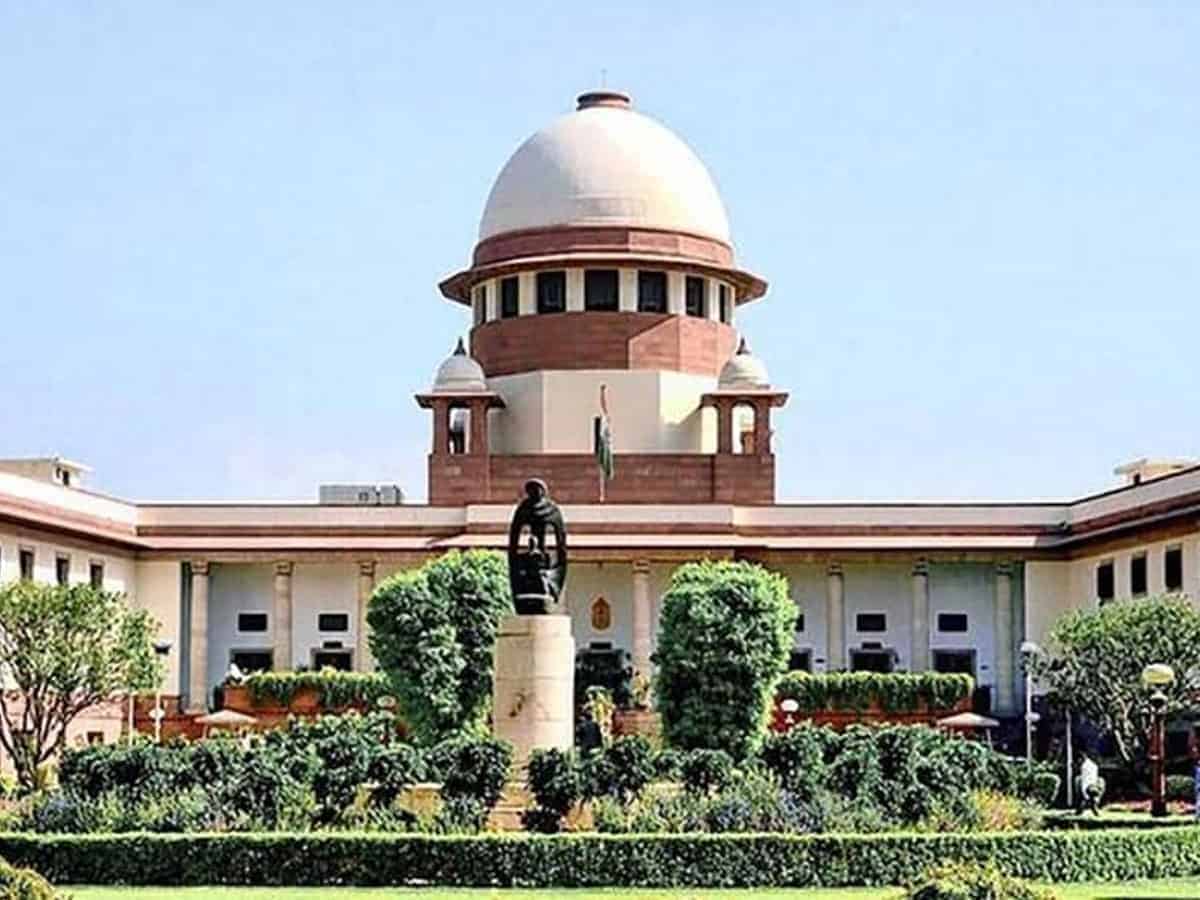
New Delhi: The Supreme Court on Friday agreed to hear a petition seeking uniformity in grant of compensation to the victims of hate crime and mob lynching, and sought the response of the Centre, states and union territories.
A bench of Justices KM Joseph and BV Nagarathna also asked the Centre, states and UTs to inform it within four weeks by way of affidavits about the steps taken for formulating a scheme for providing relief to the families of victims of mob lynching, as directed by it in the 2018 verdict in the Tehseen Poonawala case.
It posted the matter for further hearing after eight weeks.
Advocate Javed Sheikh, appearing for petitioner ‘Indian Muslim for Progress and Reforms’ (IMPAR), said some states have framed schemes pursuant to the 2018 verdict of the apex court but there was no uniformity, while many states still do not have any such scheme.
He gave the example of Rajasthan where, in the event of an earning member getting lynched by a mob, the family gets Rs 5 lakh compensation which is reduced to Rs 2.5 lakh in case of a non-earning member.
Sheikh sought a direction to the states for formulating a uniform compensation scheme.
The plea, filed through advocate Rizwan Ahmad, said the petitioner is praying for an order or direction to bring in uniformity in the grant of compensation to the victims of hate crimes/lynching/mob lynching as the present practice of granting ex-gratia amounts by various state governments is discriminatory and contrary to the provisions of Articles 14, 15 and 21 of the Constitution of India.
It said that IMPAR also prays for an order directing the State Governments and Union Territories to provide just, fair and reasonable compensation to the victims of hate crime and mob lynching pursuant to the scheme framed by them in compliance with the direction of this court in 2018.
The petition flagged “whimsical, discriminatory and arbitrary approach” adopted by states in grant of ex-gratia to the victims of hate crime and mob lynching and the “meagre” compensation provided to them.
The plea said the compensation awarded by states in most cases depended on extraneous factors like “media coverage, political imperatives and the victim’s religious identity”.
“It is seen that the trend of awarding compensation to the victims of hate crime/mob lynching is decided based on the religious affiliation of the victims. In some cases, where the victims belong to other religious denominations, huge compensation is awarded for their losses, while in other cases where the victim belongs to a minority community, the compensation is woefully inadequate,” it claimed.
The petition said such acts were not only in violation of Article 14 (equality before law) but also a breach of Article 15 which mandates non-discrimination against any citizen on grounds only of religion, race, caste, sex, place of birth or any of them.
On June 29, 2022, it said, a man named Kanhaiya lal of Udaipur, Rajasthan was murdered in an alleged hate crime and the next day the chief minister, while visiting the victim’s family, handed over a cheque for Rs 51 Lakh. The two sons of the victim were also given government jobs, he said.
The plea said on February 17, 2023, the bodies of two people from the minority community were found in a burnt car. They were killed in a most brutal and cruel manner which shook the community to the core. On March 3, 2023, the Rajasthan chief minister, while visiting the victim’s family announced Rs 5 Lakh as compensation.
The plea referred to similar instances in Karnataka.
